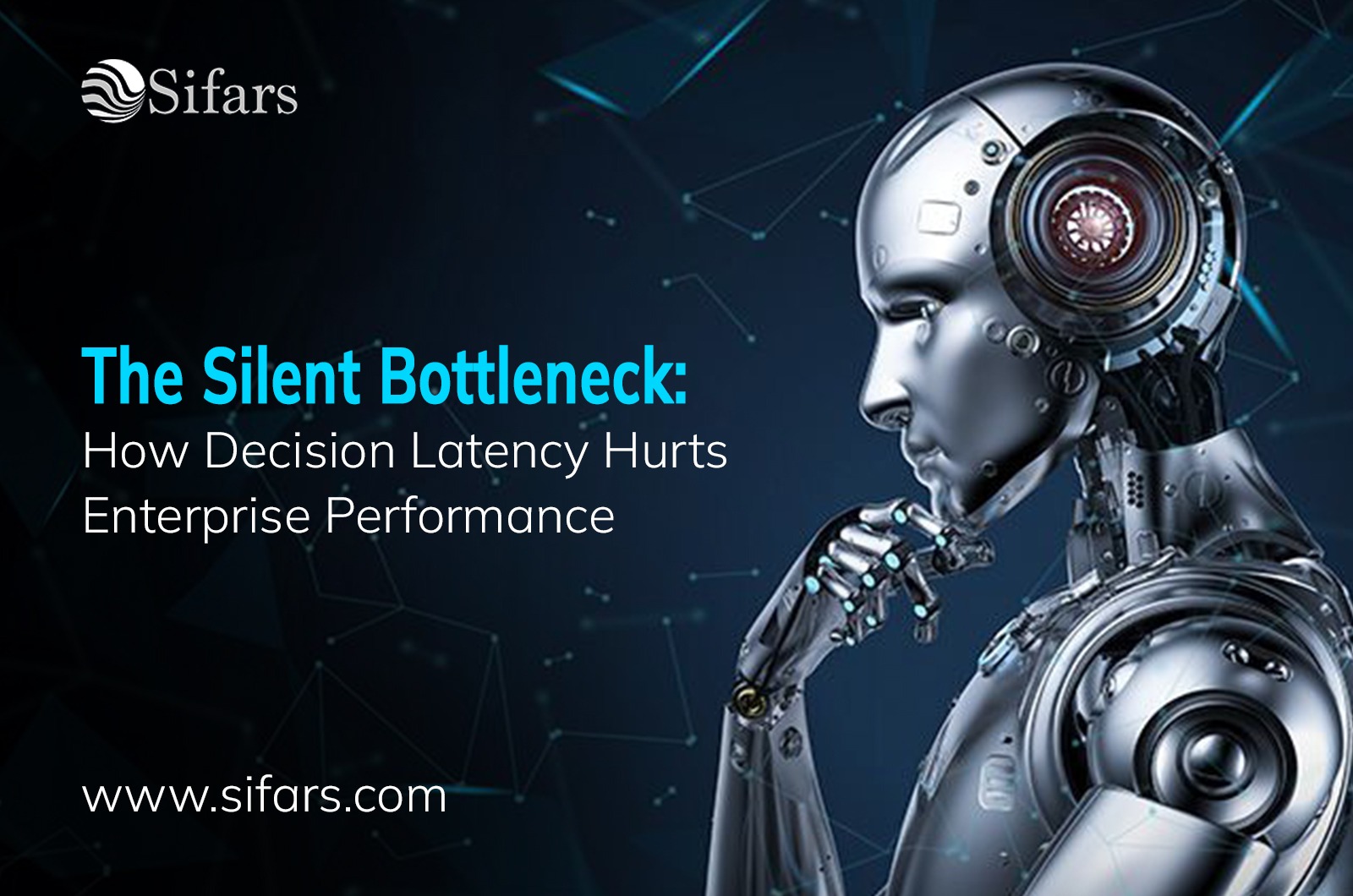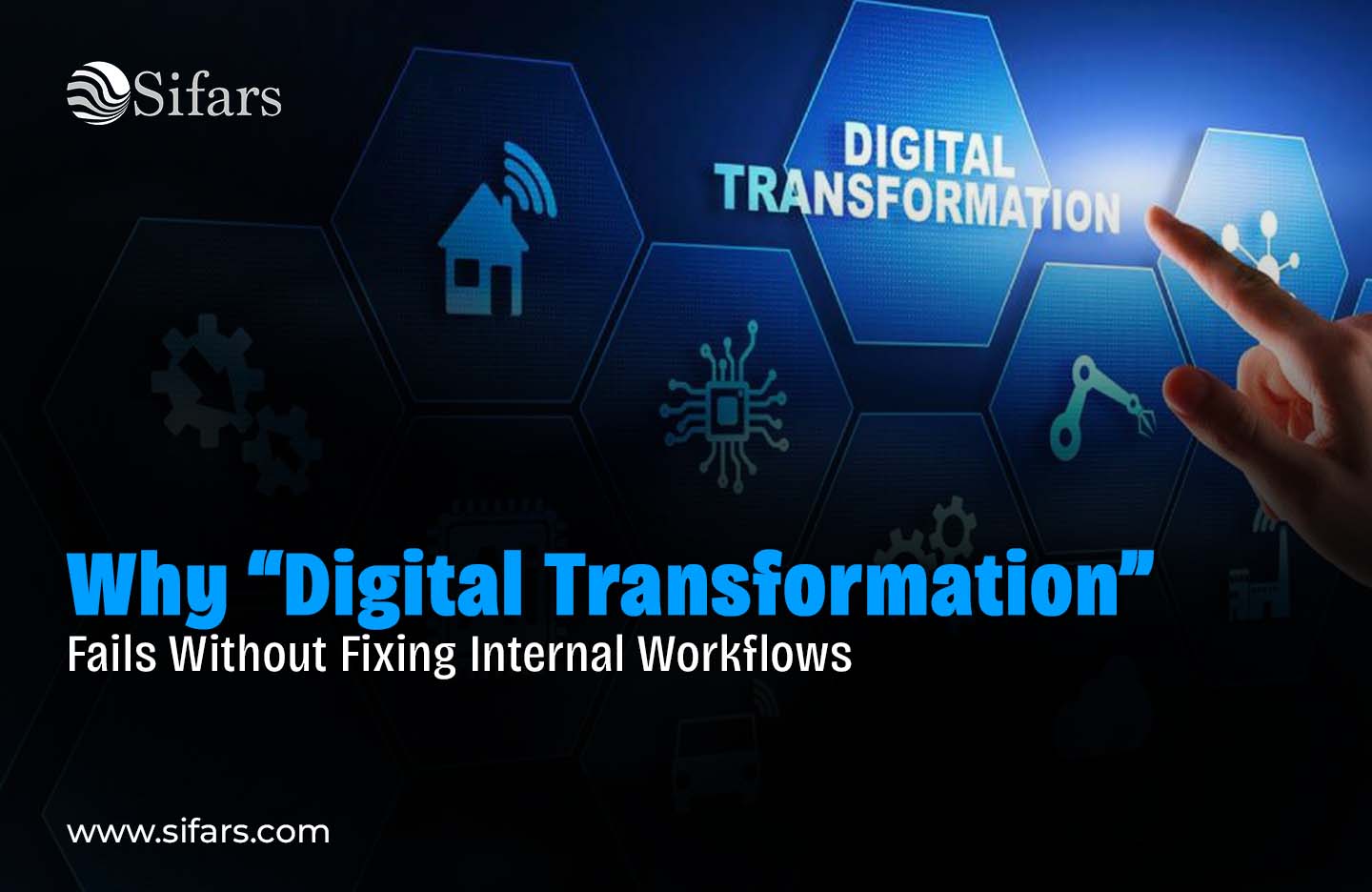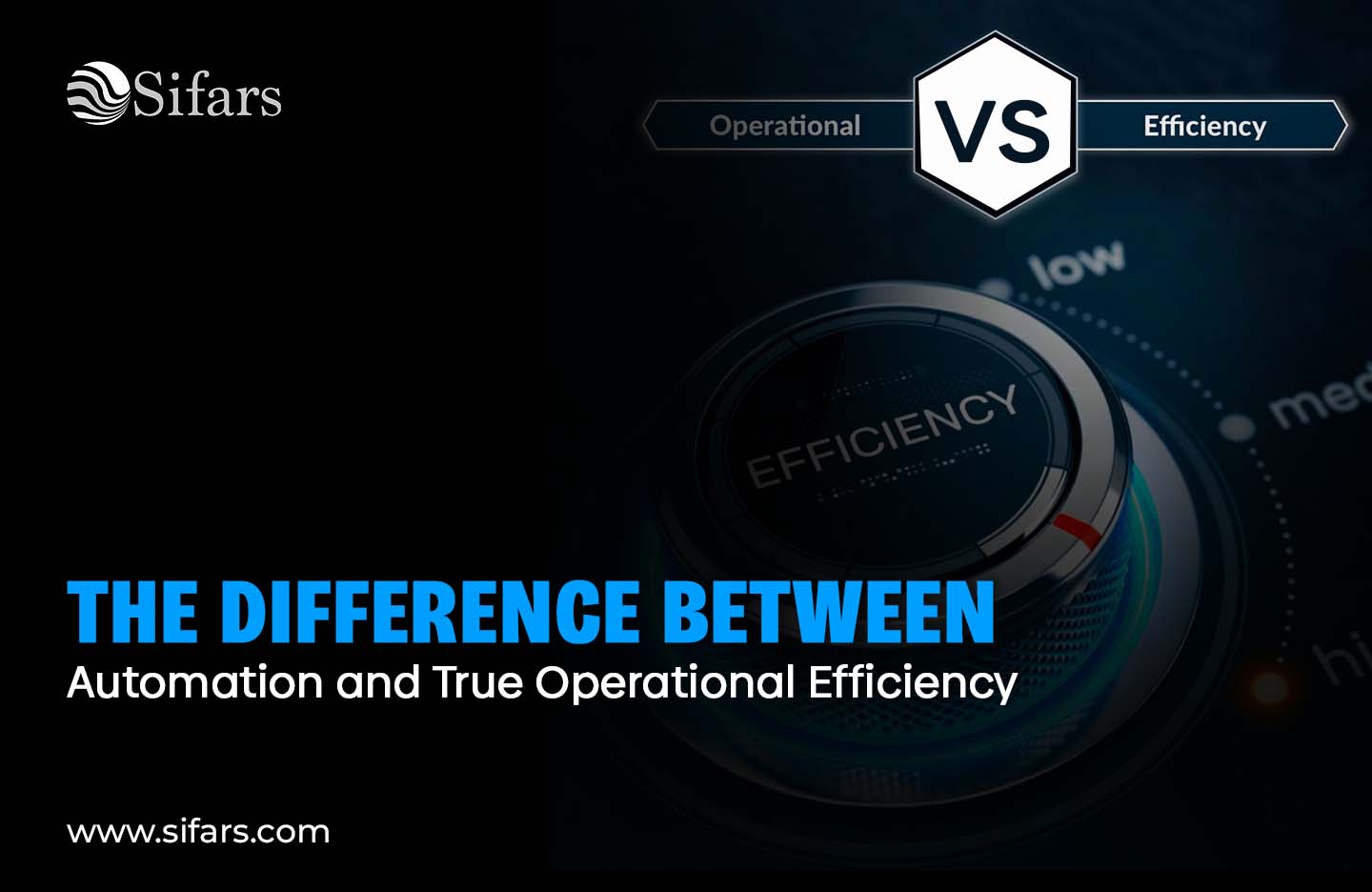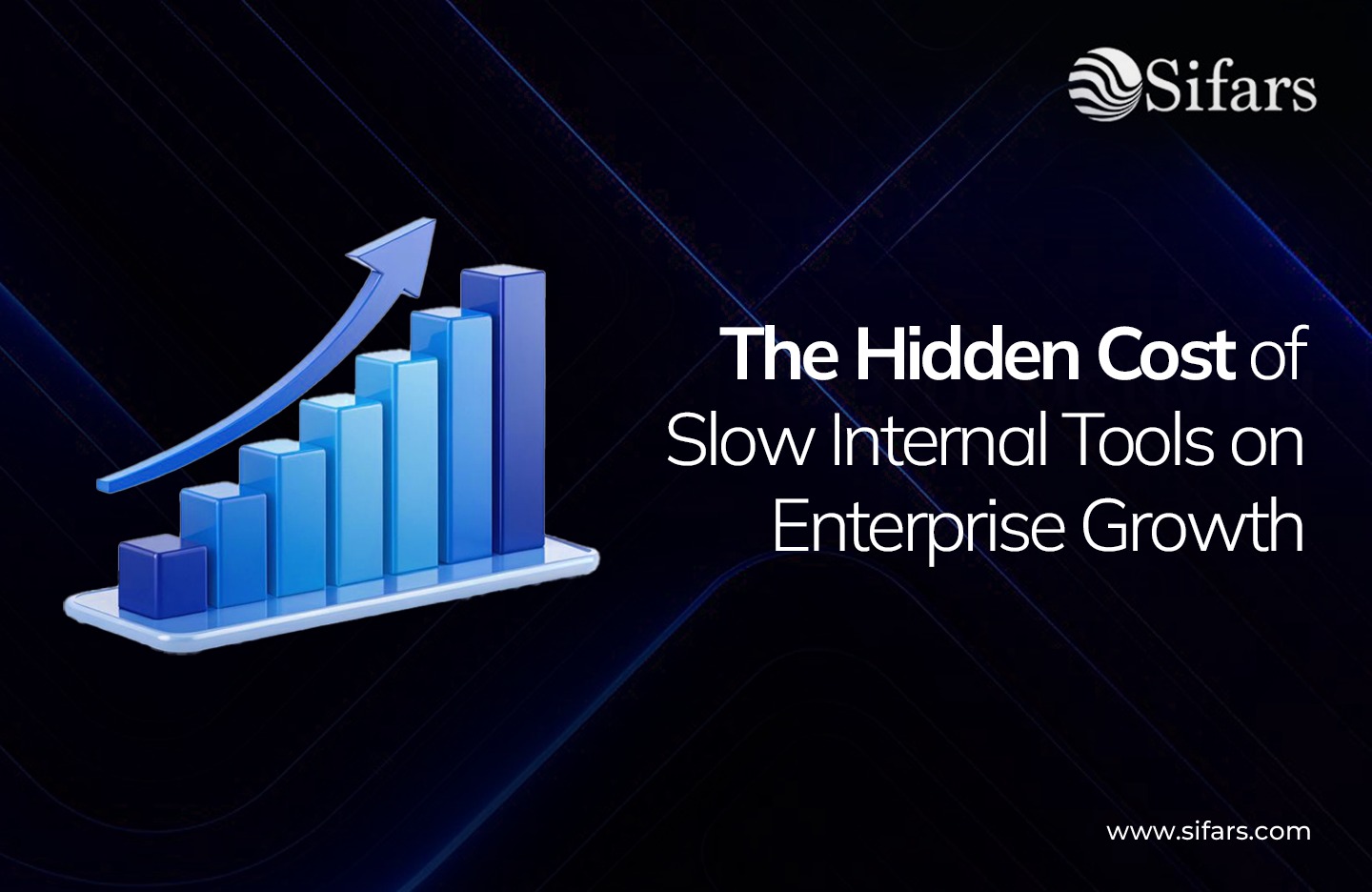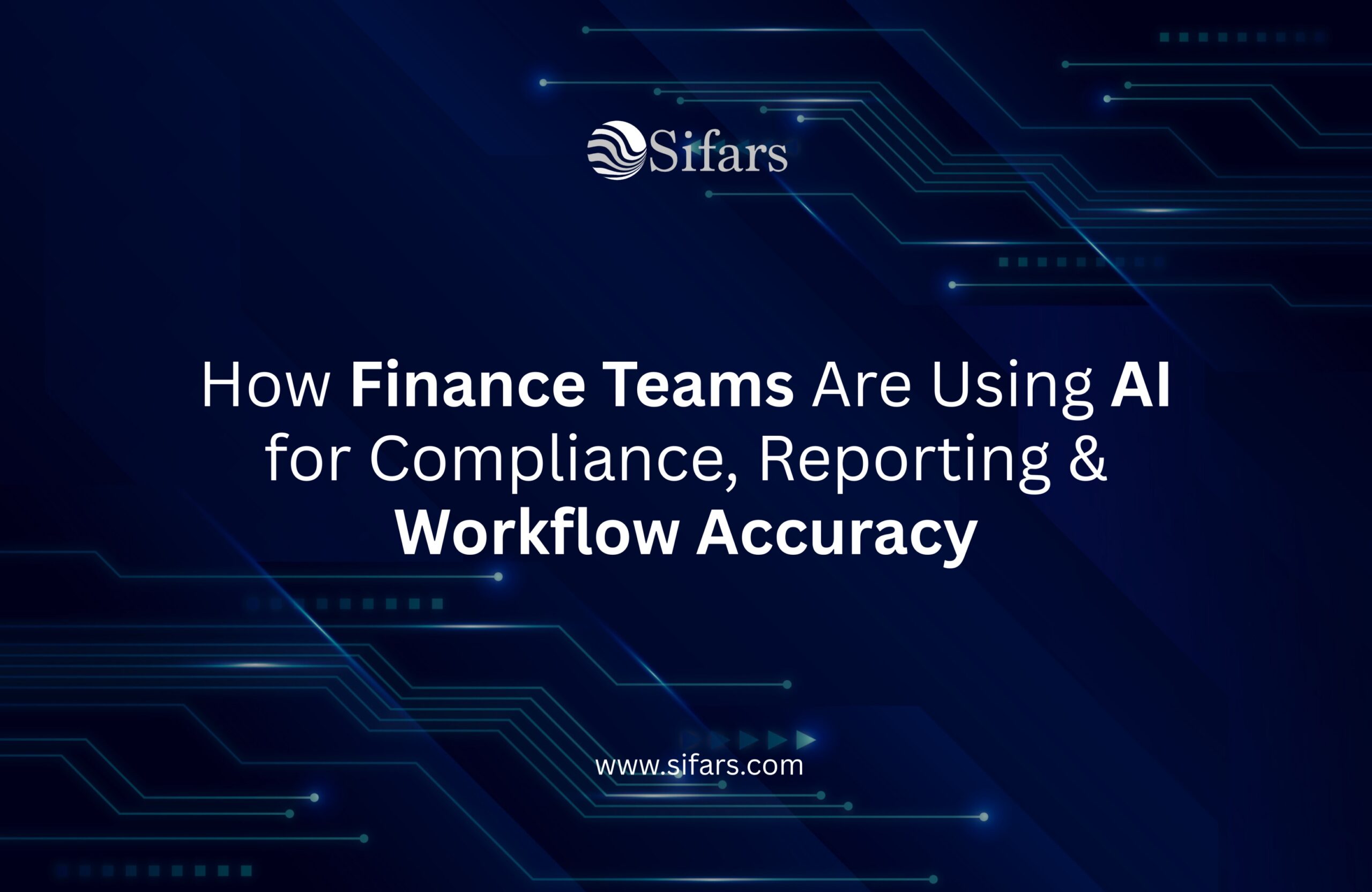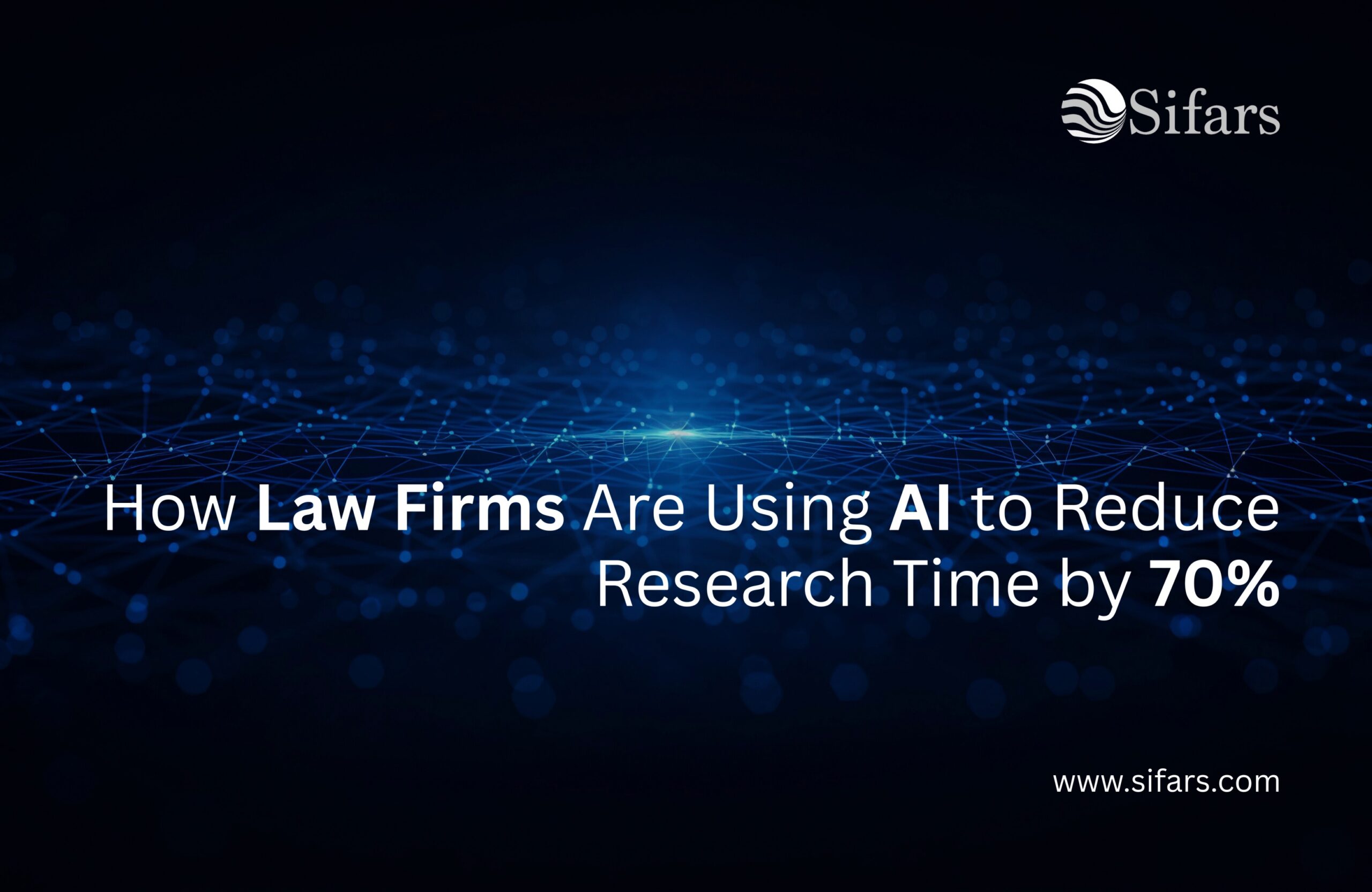Most companies blame performance problems on things that are easy to see, such as not enough resources, slow teams, old technology, or pressure from the market. To boost productivity, leaders spend a lot of money on people, tools, and infrastructure.
Still, a lot of businesses feel that they’re moving too slowly.
It takes longer to start projects. Chances pass you by. Teams are always busy, but it seems like development is slow instead of fast. A lot of the time, the problem isn’t effort or aptitude; it’s something much less evident and far more harmful.
It’s the time it takes to make a decision.
Decision latency is the period that goes by between when information is available and when a choice is really made. At first, it doesn’t look like a system breakdown or a missed deadline. Instead, it builds up gradually across teams, approvals, and levels of leadership, which slows down execution and makes the organisation less flexible.
Decision delay becomes one of the most expensive problems for businesses over time.
How Decision Latency Looks in Real Businesses
Decision latency doesn’t normally show up as a single breakdown. It becomes increasingly clear as businesses become more complicated.
You might see it when:
- Even when they have all the information they need, teams have to wait days or weeks for approvals.
- Different people look at the same decision without being able to hold anyone accountable.
- We hold meetings to “align” on things we’ve already talked about.
- Leadership requires more proof before making decisions, so they are put off.
- Action is put off until the “perfect” information comes in.
None of these cases seem really serious. They seem sensible, even responsible, when looked at alone. But when they work together, they always slow down execution.
The group isn’t sitting around. People are putting in a lot of effort. But moving forward seems weighty, slow, and broken.
Why it takes longer to make decisions when companies grow
As businesses get bigger, it gets harder to make decisions, but the speed at which they make decisions typically goes down even more. There are a few structural reasons why this happens.
Broken-up Information
Businesses today have a lot of data, but it’s not really clear. Dashboards, CRMs, ERPs, spreadsheets, emails, and internal tools all save information. People who make decisions spend more time checking data than using it.
Decisions stop when leaders aren’t sure that what they see is complete, up-to-date, or correct.
The problem isn’t that there isn’t enough data; it’s that people don’t trust the system that gives it to them.
Unclear Decision Ownership
In many organizations, it’s unclear who genuinely owns a decision. There is a lack of clarity about who has authority, but responsibility is shared.
This results in:
- Decisions pushing upward unnecessarily
- Teams waiting for approval instead of acting
- Leaders are getting in the way of operational decisions.
When ownership isn’t apparent, decisions don’t move forward—they circulate.
Risk-Averse Processes
Enterprises often add layers of inspection to decrease risk. Over time, these layers accumulate: legal checks, compliance assessments, executive sign-offs, cross-functional alignment sessions.
These safety measures can make things riskier by making it harder to respond quickly to changes in the market, customer needs, and problems within the company.
Speed and control aren’t the same thing, but bad processes can make them feel that way.
The Unseen Cost of Making Decisions Slowly
Decision latency doesn’t show up on financial accounts very often, but it has a big effect that can be measured.
It leads to:
- Missed chances in the market
- Launching products and features more slowly
- Higher costs of doing business
- Teams that are angry and not involved
- Leadership that reacts instead of planning ahead
Employees spend more time making updates, presentations, and justifications than doing work that matters. The momentum slows down, and it gets tougher to keep growing.
In marketplaces where there is a lot of competition, the cost of waiting to make a decision is generally more than the cost of making a bad one.
Why More Tools Don’t Speed Up Decision-Making
Many companies add technology, like new analytics platforms, reporting tools, workflow software, or AI-powered dashboards, when decision-making slows down.
But just having tools doesn’t speed up decision-making.
When decision rights aren’t clear, approvals aren’t in line, or workflows aren’t well thought out, technology just makes the delay worse. Dashboards make the problem easier to see, but they don’t fix it.
In some circumstances, extra tools slow things down by adding:
- More information to look over
- More reports to match up
- More systems to look at before doing something
Speed of decision-making only gets better when systems are built around how decisions are actually made, not how data is stored or tools are sold.
Decision latency is an issue with the workflow.
Decision latency is really a workflow problem, not a deficiency in leadership.
There is a path for every choice:
- Making information
- It goes from one team or system to another.
- Someone looks at it
- An action is either approved or denied.
When this path is unclear, broken up, or too full, it takes longer to make decisions.
High-performing businesses plan out these decision flows on purpose. They want to know:
- Who needs this data?
- When do you need it?
- Who has the power to make the decision?
- What happens right after the choice?
When you plan workflows with decisions in mind, speed naturally follows.
How High-Performing Businesses Cut Down on Decision Latency
Companies that want to move swiftly without losing control focus on making things clear and designing systems.
They:
- Make it clear who is responsible for making decisions at every level.
- Cut down on superfluous levels of approval
- Make sure that strategic decisions are different from operational ones.
- Give people information that is rich in context right when they need it.
- Get rid of reports and steps that don’t lead to action.
- They don’t tell teams to “move faster.” Instead, they get rid of things that slow them down.
The consequence isn’t quick choices; it’s timely, confident action.
What UX and System Design Do
It’s not only about reasoning when it comes to making decisions; it’s also about how easy they are to use.
Decision-makers are hesitant when internal processes are messy, hard to understand, or don’t make sense. Bad UX makes people think more, which means leaders have to figure out what the data means instead of acting on it.
Systems that are well-designed:
- Only show relevant information
- Give context, not noise
- Make the following stages clear
- Make it easier to make a decision in your head
When processes are easy to use, making judgments is easier, and things go faster without stress.
How fast you make decisions can give you an edge over your competitors.
In today’s businesses, how quickly something gets done depends more on flow than on effort. When choices are made quickly, teams work together, things get done faster, and leaders can focus on strategy instead of dealing with problems.
Companies don’t go out of business suddenly because of decision delay.
It subtly stops them from reaching their full potential.
Companies that grow successfully aren’t only well-funded or well-staffed; they are also built to make decisions.
Conclusion
Doing more work doesn’t always mean doing better.
It’s about making decisions faster, without becoming confused, having to do things over, or being unsure.
When decision systems are clear, integrated, and purposeful, getting things done is easy, not hard. Teams move forward with confidence, and growth becomes easier instead of tiring.
Organizations don’t slow down when people stop working hard.
They slow down because systems don’t help people make judgments the way they really do.
If your company feels busy but slow, it might be time to look at how choices move through your processes, not just how work gets done.
Connect with Sifars today to schedule a consultation
